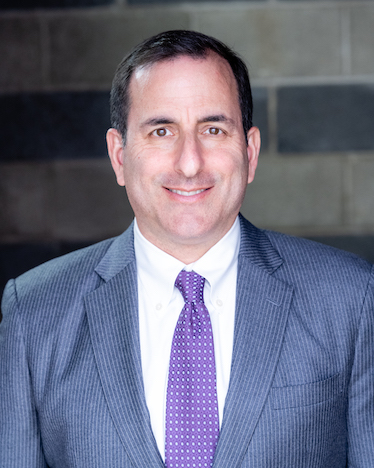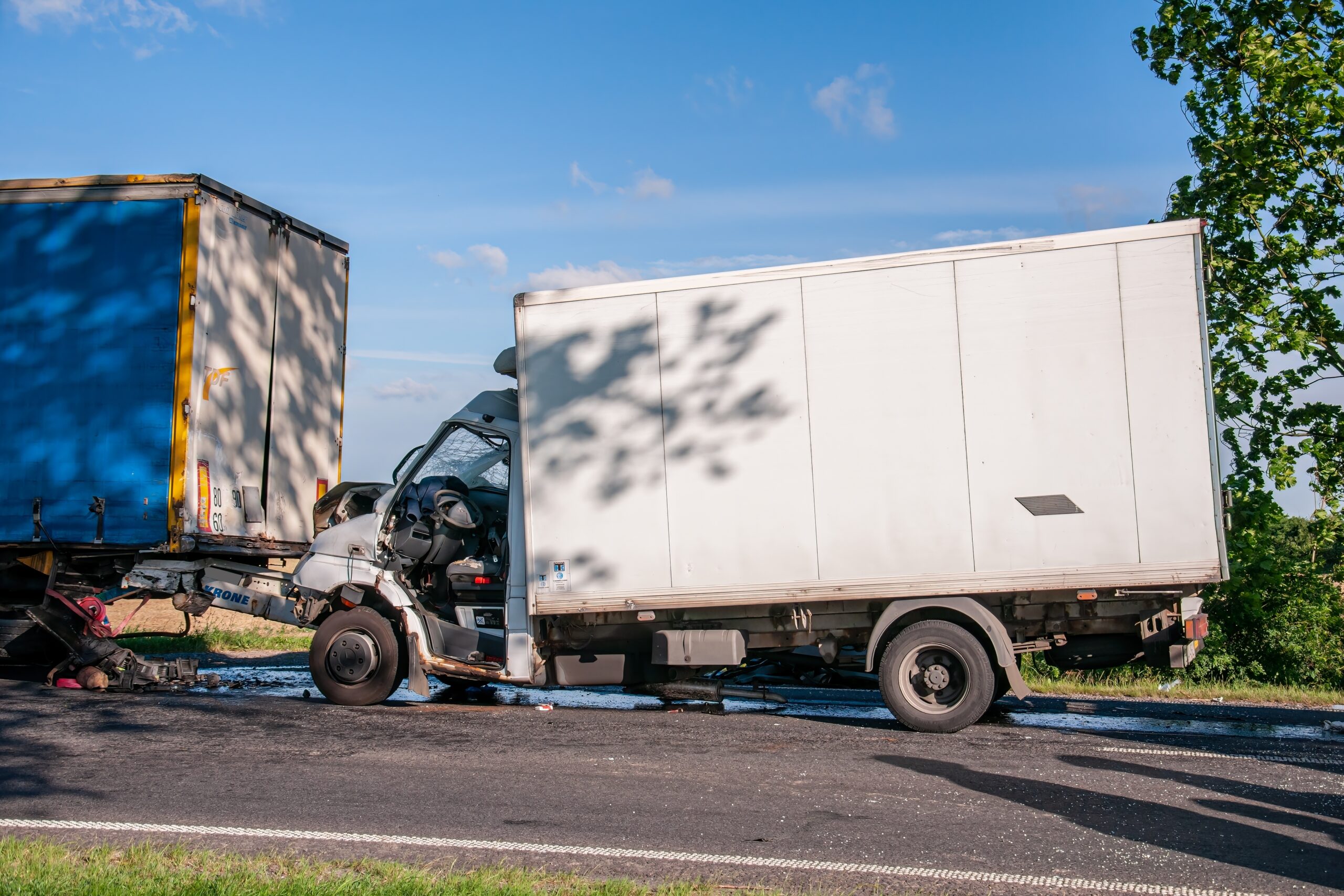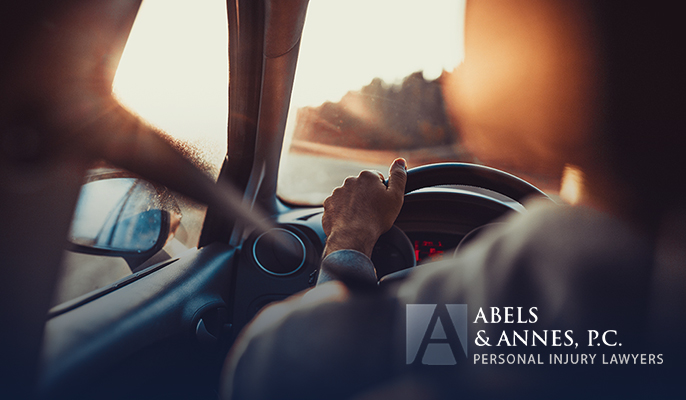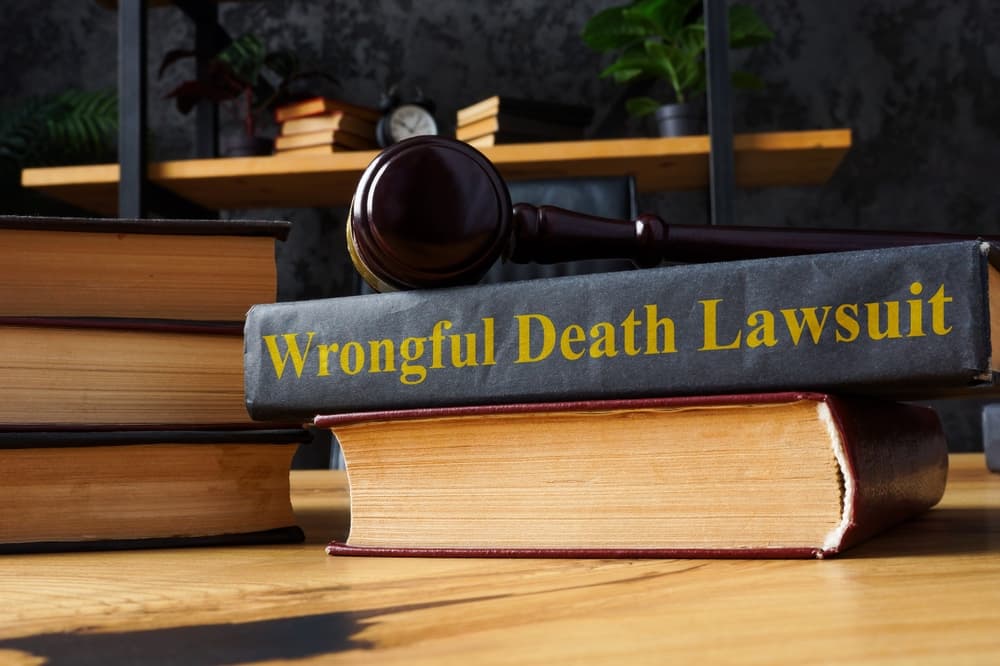In the blink of an eye, a car accident can not only cause serious injuries but also tragically end a life. Losing a loved one in a car accident is devastating, and the emotional toll can be overwhelming.
However, in addition to the personal loss, there are also legal consequences that arise when someone dies in a car accident. Understanding what happens in these situations is crucial for the family left behind.
If you lost a loved one in a fatal car accident, reach out to a wrongful death lawyer near you today.
The Immediate Aftermath
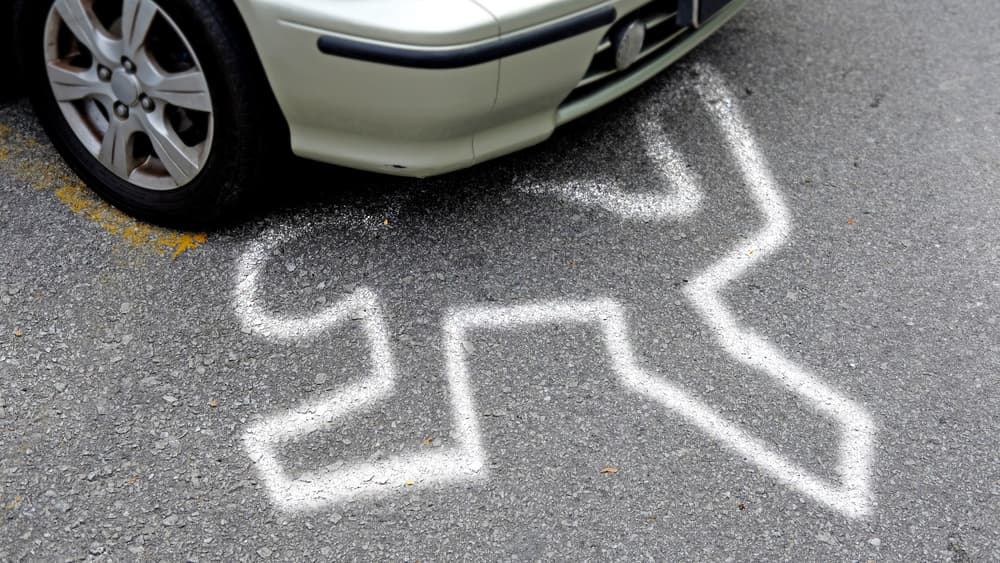
Car accidents involving fatalities often trigger an immediate response from law enforcement and emergency medical services. The priority is to ensure the safety of all those involved and provide medical assistance if needed.
Once law enforcement secures the immediate scene, they should begin their investigation to determine the cause of the accident and whether any party was at fault.
Some victims might spend time in the hospital fighting for their lives before they pass away, while others might die at the scene. Either situation can be devastating for family members and leave them wondering about their rights.
Determining Fault
Determining fault is crucial to any car accident case, including those involving fatalities. Establishing fault helps ascertain who is legally responsible for the accident and subsequent loss of life.
Typically, fault is determined based on a thorough investigation of the accident scene, witness statements, police reports, and any available evidence, such as skid marks or traffic camera footage.
In some cases, fault may lie solely with one party, such as an intoxicated driver. However, multiple parties can also share fault, including drivers involved in the accident or the entity responsible for road maintenance.
Compensation for Damages
When someone dies in a car accident, their surviving family members may be entitled to compensation for various damages through the wrongful death process. While no amount of money can bring back a loved one, financial compensation can help ease the journey toward healing and provide for the family's future needs.
Types of damages that may be applicable in cases of car accident fatalities include:
- Medical Expenses: If the deceased received emergency or long-term medical treatment due to the accident, these expenses can be part of the legal claim. This includes ambulance fees, hospital bills, surgeries, medication, ongoing treatments, and any other related costs.
- Funeral and Burial Expenses: The costs associated with a funeral or memorial service, burial or cremation, and related expenses can be compensated. These expenses can significantly burden a grieving family, making it essential to seek compensation.
- Loss of Income: If the deceased was the primary breadwinner or contributed to the family's financial stability, the family can claim their loss of income. This includes current and future lost income, bonuses, benefits, and potential career advancements.
- Loss of Consortium and Companionship: The surviving spouse or family members can seek compensation for the loss of companionship, emotional support, and intimate relations resulting from the death of their loved one.
- Pain and Suffering: In certain cases, the family may be eligible to claim compensation for the pain and suffering endured by their loved one before their death. This can include physical pain, emotional distress, and mental anguish.
Determining the appropriate compensation for each category requires a thorough understanding of the legal system and experience evaluating damages.
An experienced car accident attorney will work closely with you to assess the impact of the accident on your family's financial, emotional, and physical well-being and fight for the maximum compensation you are entitled to.
Wrongful Death Lawsuits
When someone dies due to the negligent or intentional actions of another party, their surviving family members may be entitled to seek compensation through a wrongful death lawsuit.
This legal claim allows the family to hold the responsible party accountable for their actions and seek financial compensation for the damages they have suffered.
In the context of car accidents, you can file a wrongful death lawsuit if the accident happened to your loved one due to another driver's negligence, such as drunk driving, speeding, or distracted driving.
To file a successful wrongful death lawsuit, claimants must prove:
- Duty of care: Claimants must establish that the liable party owed a duty of care to the deceased person. In the case of a car accident, all drivers have a duty to follow traffic laws and drive sober and responsibly.
- Breach of duty: The plaintiff must prove that the defendant breached their duty of care. This can be demonstrated by showing that the defendant was at fault for the accident, for example, by running a red light or T-boning the victim's vehicle.
- Causation: The plaintiff must establish a direct link between the defendant's breach of duty and the victim's death. This requires demonstrating that the accident caused the victim's fatal injuries.
- Damages: The plaintiff must provide evidence of the damages suffered as a result of the victim's death. This can include medical expenses, funeral costs, loss of financial support, and emotional distress.
Criminal Charges and Penalties
When someone dies in a car accident, the legal consequences can be severe, especially if the accident was due to reckless or negligent behavior. In such cases, the responsible party may face criminal charges and penalties.
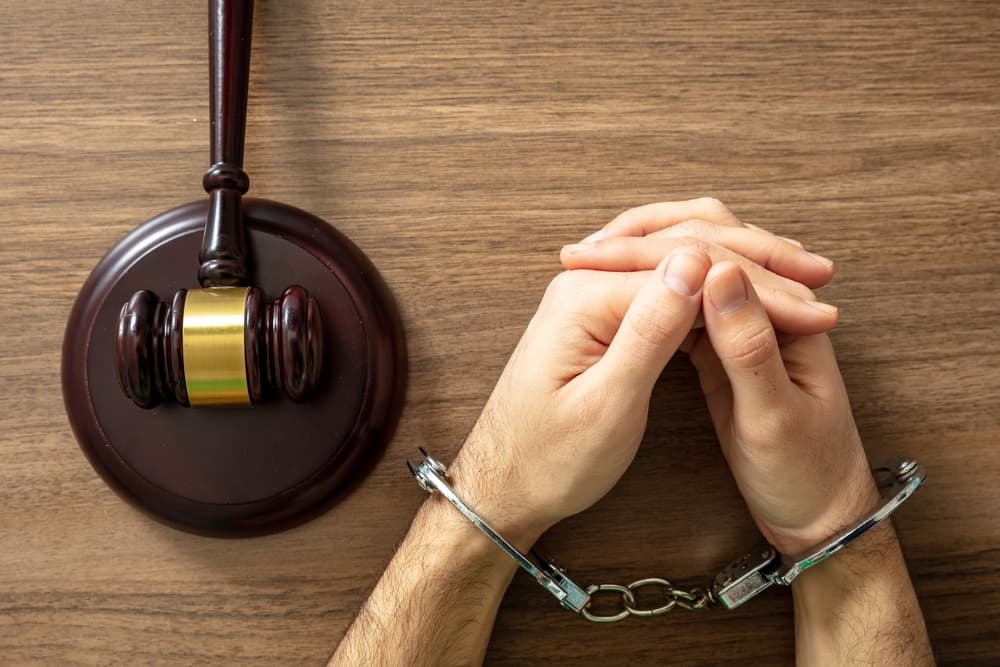
In cases where the driver's actions resulted in the death of another person, the driver may be charged with vehicular manslaughter, also known as vehicular homicide in some states. This is a serious criminal offense, and the penalties can vary depending on the circumstances and the state laws.
Vehicular manslaughter charges can range from a misdemeanor to a felony. The severity of the charges will often depend on factors such as the driver's level of intoxication, prior driving record, and the degree of negligence demonstrated.
If convicted of vehicular manslaughter, the potential consequences can include imprisonment, hefty fines, probation, community service, mandatory attendance in rehabilitation programs, and the suspension of the driver's license. The guilty party may also be liable for any damages or losses suffered by the victim's family, including funeral expenses, medical bills, and compensation for emotional distress.
In some cases, if the driver's behavior was particularly reckless or exhibited an extreme disregard for the safety of others, they may face even more severe charges.
For example, if the driver was driving under the influence of alcohol or drugs, they can face charges of vehicular homicide while intoxicated. These charges typically carry more significant penalties, including longer prison sentences and higher fines.
Remember that criminal charges are separate from any civil lawsuits. The victim's family usually must file their own claim to seek compensation for their losses. While a criminal conviction can provide a sense of justice for the victim's family, it does not automatically guarantee financial compensation.
A criminal conviction can help prove a civil case but is not always necessary for a lawsuit victory. Your car accident attorney can determine how to best use a conviction to benefit your family’s wrongful death claim.
Steps to Take After Loved One Dies in Car Crash
Here are important steps to consider after the loss of a loved one in a car crash:
- Notify the authorities: The first step is to contact the local authorities and report the accident. Provide them with all the necessary information, including the location of the accident, the vehicles involved, and the fact that a fatality occurred. This will initiate an official investigation into the accident and ensure the necessary documentation is available.
- Seek medical attention: If you or any other family members were involved in the accident and sustained injuries, seek immediate medical attention. Even if you don't think your injuries are severe, it's important to get a thorough medical evaluation to ensure there are no hidden injuries or underlying medical conditions that may have been caused or aggravated by the accident.
- Contact a compassionate attorney: Hire a trusted lawyer to navigate the complex legal system on your behalf, handle insurance claims, and protect your family's rights and future.
- Collect evidence: Gathering evidence is essential in building a strong case for compensation. If possible, take photos of the accident scene, the vehicles involved, and any visible injuries. Obtain police reports, witness statements, and other pertinent documentation supporting your claim. Your attorney can play a critical role in gathering evidence effectively.
- Notify insurance companies: Have your attorney contact the insurance companies involved in the accident, both yours and the other driver's. A lawyer will notify them of the accident, provide the necessary information, and promptly submit your claim. Be cautious in any communications between yourself and insurance adjusters, and avoid providing a recorded statement without consulting your attorney first.
- Consult a financial advisor: Losing a loved one in a car accident can bring about various financial challenges. Consider speaking with a financial advisor who can navigate the financial implications, such as addressing any outstanding debts, managing life insurance policies, and planning for the future financial well-being of your family.
- Seek emotional support: Grief and loss can take a toll on your emotional well-being. Don't hesitate to reach out to friends, family, or support groups who can provide a safe space to express your emotions and offer support. Additionally, consider seeking professional counseling or therapy to help you cope with the profound emotional impact of losing a loved one.
Wrongful Death FAQs
We have answers to some frequently asked questions to help you understand this complex legal process.
What is a wrongful death lawsuit?
A wrongful death lawsuit is a legal claim filed on behalf of a deceased person in which the surviving family members seek compensation for the death. These lawsuits typically arise when the negligent actions or misconduct of another individual, company, or entity causes a person's death.
By filing a wrongful death lawsuit, you can hold these responsible parties accountable and seek justice for your loved one's untimely death.
Who can file a wrongful death lawsuit?
In most jurisdictions, immediate family members, such as spouses, children, and parents, have the right to file a wrongful death lawsuit. However, the specific laws may vary depending on the jurisdiction and the relationship to the deceased person.
For example, in some states, a fiance may file a wrongful death suit. It is important to consult an experienced wrongful death attorney who can guide you on whether you can file a lawsuit.
What types of damages can we recover in a wrongful death lawsuit?
If your wrongful death lawsuit is successful, you may be entitled to various types of compensation. These can include economic damages, such as medical expenses, funeral costs, and loss of financial support.
Non-economic damages, such as emotional distress, loss of companionship, and pain and suffering, may also be recoverable. Additionally, punitive damages may be available in cases involving extreme negligence or intentional misconduct.
How long do I have to file a wrongful death lawsuit?
Every state has a statute of limitations that sets a deadline for filing a wrongful death lawsuit. This deadline varies depending on the jurisdiction and the circumstances of the case.
Consult a wrongful death attorney as soon as possible to ensure that you do not miss the deadline. Failing to file within the specified time frame can result in the loss of your right to seek compensation.
Is it necessary to hire an attorney for a wrongful death lawsuit?
While it is not mandatory to hire an attorney for a wrongful death lawsuit, it is highly recommended. Wrongful death cases can be complex, involving extensive legal procedures and negotiations.
An experienced wrongful death attorney can navigate the legal system on your behalf, gather evidence, interview witnesses, and build a strong case to maximize your chances of a successful outcome.
Reach Out to a Wrongful Death Lawyer for the Support Your Family Needs
Losing a loved one in a car accident is a devastating experience that no family should have to endure. However, understanding the legal process and seeking the guidance of an experienced auto accident lawyer can guide you through the complex legal landscape.
Remember, you have rights, and the right attorney is here to fight for them. Contact a personal injury attorney now to schedule your free legal consultation.
